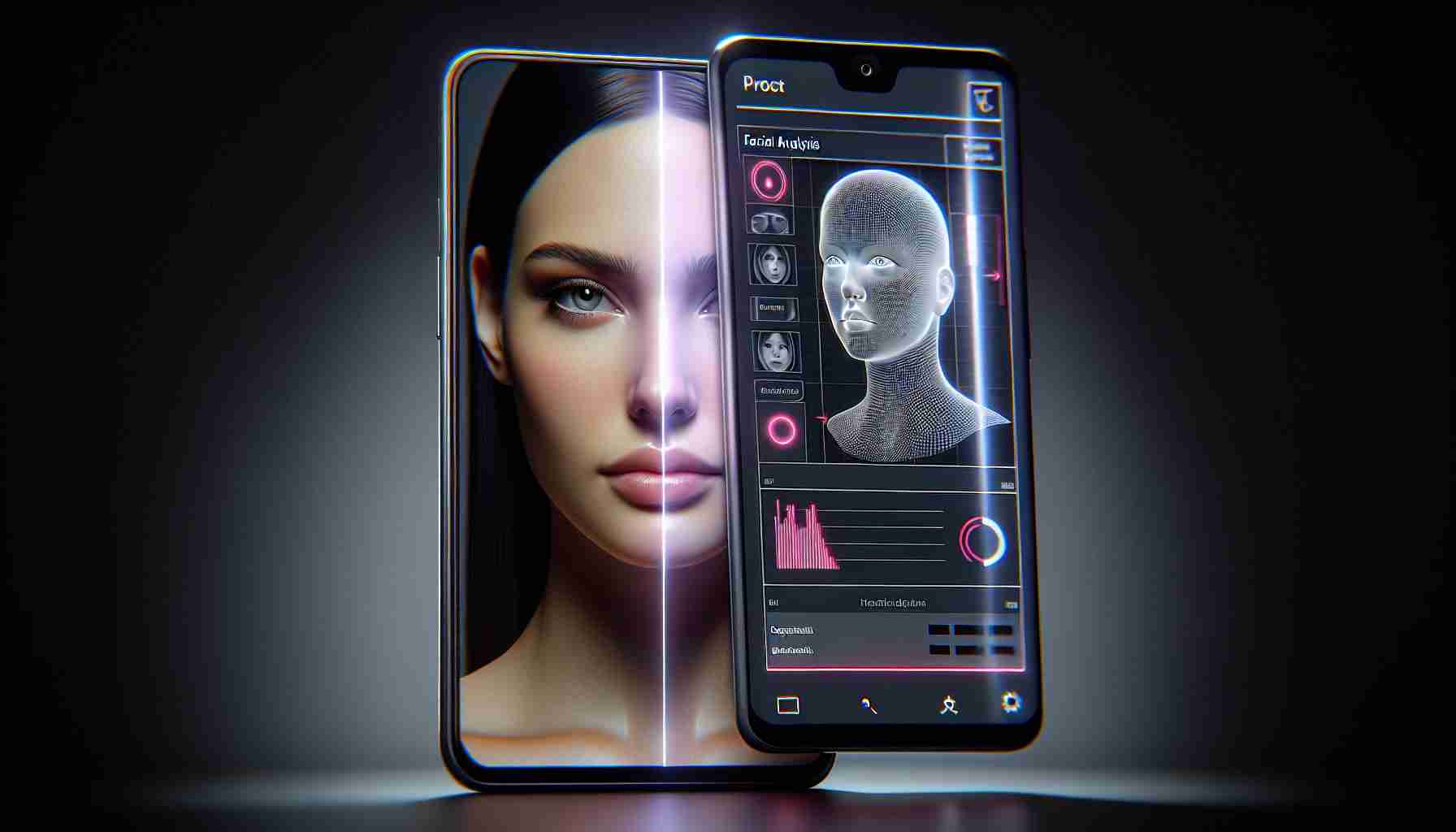Depression affects millions of people worldwide, yet it is often misunderstood and undiagnosed. Recognizing the need for early detection and accurate diagnosis, researchers from Dartmouth have developed a groundbreaking smartphone app that combines artificial intelligence (AI) and facial-image processing software to identify signs of depression. Preliminary results indicate that the app can detect depression even before the user is aware of it.
Depression is a serious medical condition that goes beyond temporary feelings of sadness. It can have long-lasting effects on an individual’s emotional and physical well-being, making it crucial to detect and address the symptoms early on. The researchers at Dartmouth hypothesized that there might be telltale signs of depression in a person’s facial expressions, especially in the era of facial processing software and AI technology.
To test this theory, the researchers conducted a study involving 177 people diagnosed with major depressive disorder. They developed an app called MoodCapture, which utilizes the front camera of a smartphone to capture facial expressions during everyday phone usage. Participants were unaware of when the app was taking photos, but they had given their consent for this data collection.
Over the course of 90 days, the app captured approximately 125,000 images of the participants. These images were then analyzed using machine learning models to identify specific facial features associated with depression. The app successfully identified depressive symptoms with an accuracy rate of 75%.
In addition to facial analysis, MoodCapture also takes into account self-reports of feeling depressed or down, as well as environmental factors from the photos, such as color, lighting, and the presence of other people. This comprehensive approach improves the app’s ability to make accurate predictions about a person’s mental state.
The significance of MoodCapture lies in its accessibility and potential for scaling up. Since people frequently use facial recognition technology to unlock their smartphones, the app can seamlessly integrate into their daily routines. It offers the convenience of delivering depression insights without requiring additional input or burden from the users. The widespread use of smartphones makes them ideal tools for early diagnosis and ongoing monitoring of mental health.
While the app is currently in the proof-of-concept stage, it shows promise as a valuable tool for detecting depression. Misdiagnosis rates for depression are high, and having a readily available app for early detection could greatly improve patient outcomes. Researchers estimate that it will take approximately five years before the technology is ready for the market, but ongoing advancements, such as personalizing the app to individual users, hold the potential for even better performance.
The development of MoodCapture represents a significant step forward in the use of smartphones and AI for mental health assessment. By capturing changes in depression symptoms in real-time, the app has the potential to revolutionize the impact of depression on individuals and society as a whole.
Frequently Asked Questions (FAQ) about MoodCapture App:
1. What is the purpose of the MoodCapture app?
The MoodCapture app is designed to detect signs of depression in individuals using a combination of artificial intelligence (AI) and facial-image processing software.
2. How does the app work?
The app utilizes the front camera of a smartphone to capture facial expressions during everyday phone usage. These facial images are then analyzed using machine learning models to identify specific facial features associated with depression.
3. Has the app been tested?
Yes, the researchers at Dartmouth conducted a study involving 177 people diagnosed with major depressive disorder. Over 90 days, the app captured approximately 125,000 images, which were analyzed and compared against the participants’ self-reports of feeling depressed or down.
4. How accurate is the app in detecting depression?
The app achieved an accuracy rate of 75% in identifying depressive symptoms in the study participants.
5. What other factors does the app consider besides facial analysis?
In addition to facial analysis, MoodCapture also takes into account self-reports of feeling depressed or down, as well as environmental factors from the photos, such as color, lighting, and the presence of other people.
6. What is the significance of MoodCapture?
MoodCapture is highly accessible as it integrates seamlessly into users’ daily routines since facial recognition technology is already widely used to unlock smartphones. It offers the convenience of delivering depression insights without requiring additional input from users.
7. When will the app be available in the market?
Although still in the proof-of-concept stage, researchers estimate that it will take approximately five years before the technology is ready for the market.
8. How can MoodCapture improve patient outcomes?
Misdiagnosis rates for depression are high, and having an easily accessible app for early detection could significantly improve patient outcomes. The app has the potential to revolutionize the impact of depression on individuals and society as a whole.
Definitions:
1. Depression: A serious medical condition characterized by persistent feeling of sadness and loss of interest or pleasure, affecting an individual’s emotional and physical well-being.
2. Facial processing software: Technology that analyzes facial features and expressions in images or videos.
3. Machine learning models: Algorithms that enable computers to learn and make predictions based on patterns and data.
4. Proof-of-concept: An initial demonstration or test to prove the feasibility and potential of a concept or product.
Suggested related links:
– Dartmouth
– National Institute of Mental Health – Depression
The source of the article is from the blog lokale-komercyjne.pl
